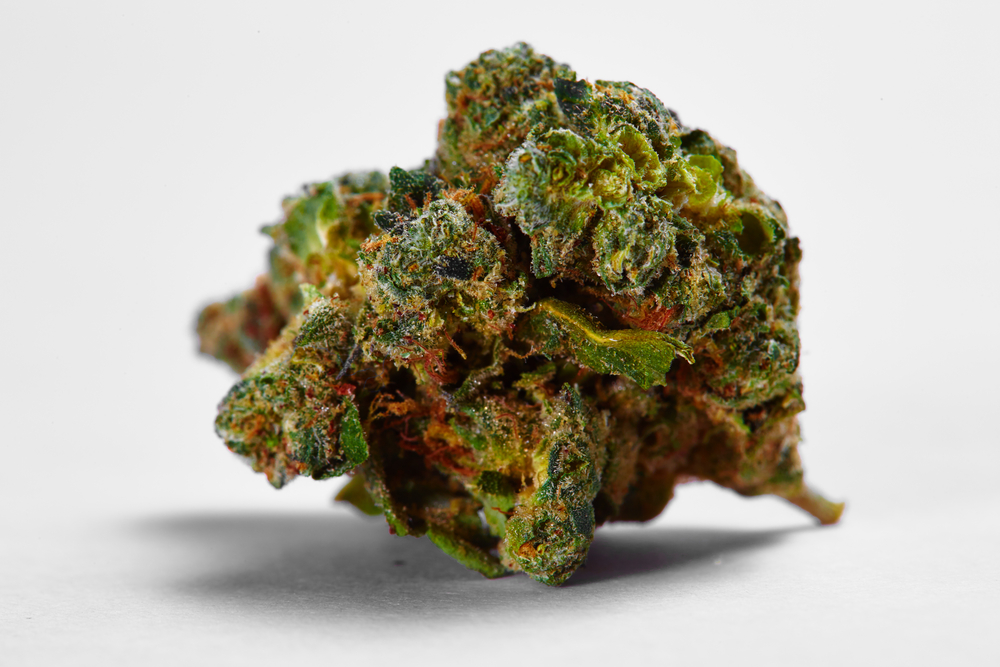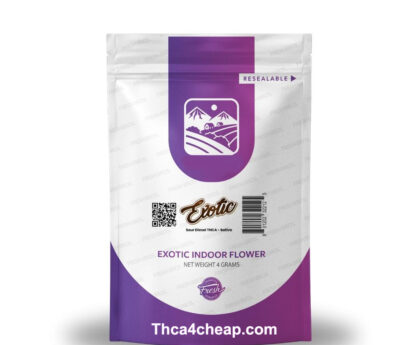What is Delta 9?
If you’ve ever delved into the world of cannabis, you’ve likely come across the term Delta 9 THC. But what exactly is it, and why does it matter? Let’s break it down and explore everything you need to know about Delta 9 THC, from its effects and benefits to its legal status and more. From the top-level Delta 9 and THCA are the same. Dispenaryexchange.com breaks down the details for you.
Understanding Delta 9 THC
The Basics of Delta 9 THC
Delta 9 THC, or delta-9-tetrahydrocannabinol, is the primary psychoactive compound found in cannabis. It’s the substance responsible for the “high” that users experience. When you consume cannabis, Delta 9 THCA interacts with the body’s endocannabinoid system, leading to various effects.
How Delta 9 THC Works in the Body
When you consume Delta 9 THC, it binds to cannabinoid receptors in the brain and nervous system. This interaction affects neurotransmitter release, which can alter mood, perception, and behavior. The result? A range of experiences, from euphoria and relaxation to altered sensory perception.
The History and Discovery of Delta 9 THC
Early Research and Discovery
Delta 9 THC was first isolated and identified by Israeli chemist Dr. Raphael Mechoulam in the 1960s. This groundbreaking discovery paved the way for extensive research into cannabis and its components.
Legal Milestones and Changes
Over the decades, the legal status of Delta 9 THC has evolved significantly. From strict prohibition to medical legalization and recreational use in some areas, the journey of Delta 9 THC in the legal landscape is a complex one.
Chemical Structure and Properties
Molecular Composition of Delta 9 THC
Delta 9 THC has a unique molecular structure that sets it apart from other cannabinoids. Its chemical formula is C21H30O2, and its structure includes a ring with a double bond that plays a crucial role in its psychoactive properties.
Comparison with Other Cannabinoids
While Delta 9 THC is well-known, it’s just one of many cannabinoids in cannabis. Others, like CBD (cannabidiol), have different effects and benefits. Unlike Delta 9 THC, CBD is non-psychoactive and is often used for its therapeutic properties.
Effects and Benefits of Delta 9 THC
Psychoactive Effects
The primary reason people consume Delta 9 THC is for its psychoactive effects. These can include euphoria, relaxation, altered sensory perception, and increased appetite. However, the experience can vary based on factors like dosage and individual tolerance.
Medical and Therapeutic Benefits
Beyond recreational use, Delta 9 THC has potential medical benefits. It’s been studied for its ability to relieve pain, reduce nausea and vomiting (especially in chemotherapy patients), stimulate appetite, and alleviate muscle spasticity in conditions like multiple sclerosis.
Potential Side Effects
While Delta 9 THC can offer many benefits, it also comes with potential side effects. These can include dry mouth, red eyes, impaired memory, and increased heart rate. In some cases, it can also cause anxiety or paranoia, particularly at high doses.
Methods of Consumption
Smoking and Vaping
One of the most common methods of consuming Delta 9 THC is through smoking or vaping. This allows for rapid absorption into the bloodstream, leading to almost immediate effects. However, it also comes with potential respiratory risks.
Edibles and Beverages
Consuming Delta 9 THC through edibles and beverages is another popular method. This approach offers a longer-lasting and often more intense experience, but the onset of effects can be delayed, making it easy to consume too much inadvertently.
Tinctures and Oils
Tinctures and oils provide a versatile way to consume Delta 9 THC. They can be taken sublingually (under the tongue) for quick absorption or added to food and drinks. This method allows for precise dosing and is often preferred by medical users.
Delta 9 THC vs. Delta 8 THC
Chemical Differences
Delta 9 THC and Delta 8 THC are similar, but there are key differences. Delta 8 THC has a slightly altered chemical structure, which leads to different effects. It’s often considered to be less potent and psychoactive than Delta 9 THC.
Differences in Effects
While both cannabinoids can produce a high, Delta 8 THC is often reported to offer a milder, more clear-headed experience. This makes it a popular choice for those who want the benefits of THC without the intense psychoactive effects.
Legal Status of Delta 9 THC
Federal Laws in the United States
Under federal law, Delta 9 THC is classified as a Schedule I substance, making it illegal. However, the legal landscape is changing, with some states legalizing its use for medical or recreational purposes.
State-Specific Regulations
The legality of Delta 9 THC varies from state to state. Some states have fully legalized it, while others allow it only for medical use, and some still prohibit it entirely. It’s important to know the laws in your specific state.
International Laws
Internationally, the legal status of Delta 9 THC also varies widely. Some countries have embraced legalization, while others maintain strict prohibition. Always research local laws before traveling with or using Delta 9 THC abroad.
How Delta 9 THC is Tested in the Body
Urine Tests
Urine tests are the most common method for detecting Delta 9 THC. These tests look for THC metabolites and can typically detect usage up to 30 days after consumption, depending on frequency and dosage.
Blood Tests
Blood tests can detect Delta 9 THC almost immediately after use, but the detection window is much shorter, usually up to 48 hours. This method is often used in cases of suspected recent use, such as impaired driving.
Saliva Tests
Saliva tests are becoming more popular for their non-invasive nature and quick results. They can detect Delta 9 THC for up to 72 hours after use, making them useful for roadside testing.
Hair Tests
Hair tests have the longest detection window, potentially showing Delta 9 THC use up to 90 days after consumption. However, they are less commonly used due to their higher cost and longer processing time.
Potential Risks and Safety Considerations
Dependency and Tolerance
Regular use of Delta 9 THC can lead to tolerance, meaning users need more to achieve the same effects. There’s also a risk of dependency, where users feel unable to function without it.
Impaired Driving and Safety Concerns
Consuming Delta 9 THC can impair motor skills and reaction time, increasing the risk of accidents. It’s crucial to avoid driving or operating heavy machinery while under the influence.
Current Research and Future Directions
Ongoing Studies on Delta 9 THC
Research on Delta 9 THC is ongoing







